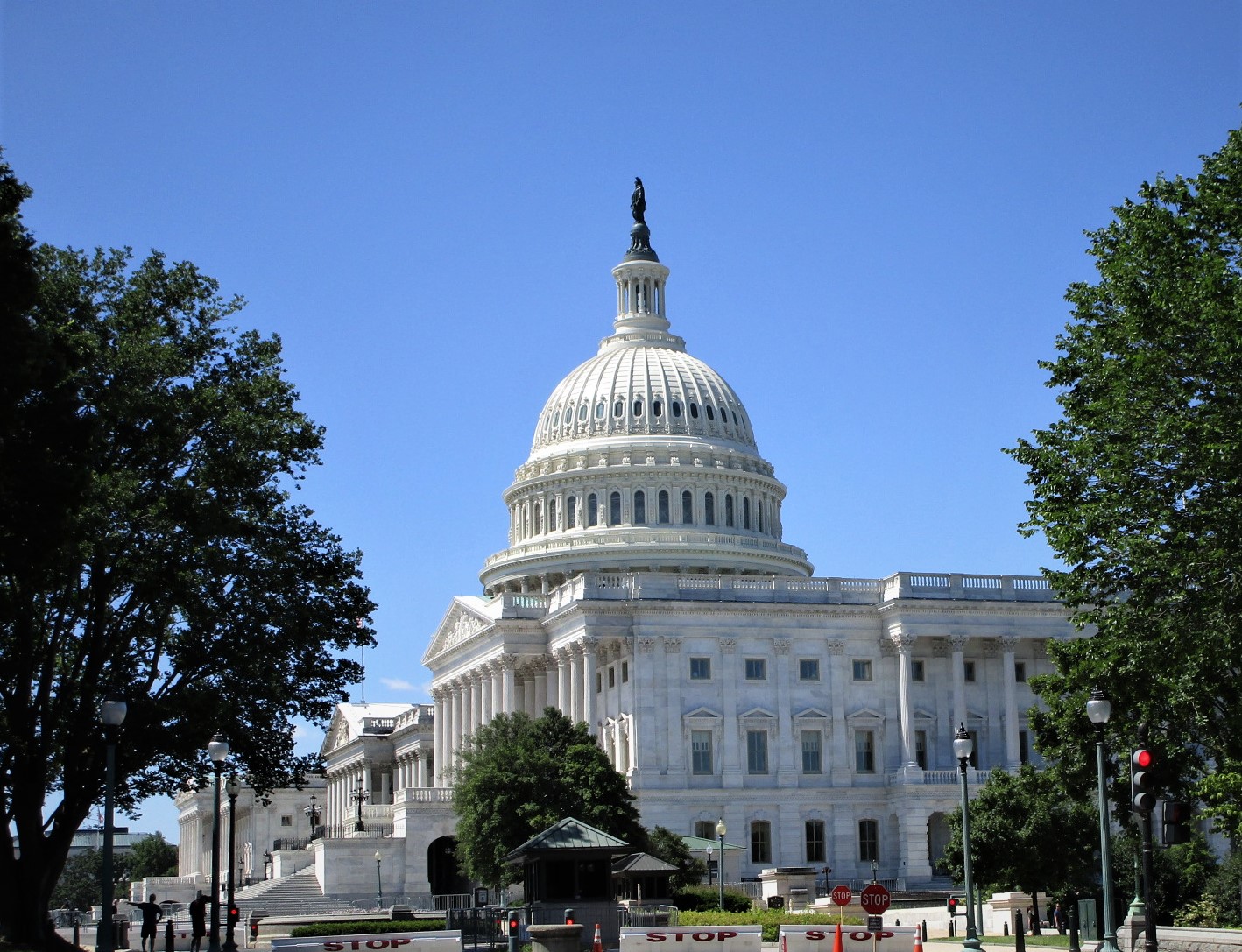Senate Panel Weighs in on Journalism Competition Issues
Schedules hearing to look at market power‘s impact on free press

The smarter way to stay on top of broadcasting and cable industry. Sign up below
You are now subscribed
Your newsletter sign-up was successful
The Senate Antitrust Subcommittee has scheduled a hearing next week titled “Breaking the News — Journalism, Competition and the Effects of Market Power on a Free Press.”
The February 2 hearing is likely to include some focus on a proposed Senate bill, the Journalism Competition and Preservation Act (JCPA), which would grant publishers immunity from federal and state antitrust laws for a 48-month period while they bargain collectively with digital platforms.
Media outlets argue that Big Tech has been using their content without sufficiently compensating them for their investment in original, independent journalism, and sought the antitrust carveout to be able to present a more united negotiating front.
Also: GOP Backs Big Tech-Targeted News Media Antitrust Exemption
Sens. John Kennedy (R-La.) and Amy Klobuchar (D-Minn.) — Klobuchar is chairwoman of the Senate Antitrust Subcommittee and a lead sponsor of the bill — are political opposites in the chamber They have said the JCPA would simply give “news content creators“ — print, broadcast or digital — an antitrust a safe harbor to negotiate collectively with digital platforms like Facebook and Google for carriage of their original content.
Rep. David Cicilline (D-R.I.), the House antitrust subcommittee chairman who has backed a House version of the bill, has argued that if the balance of power remains as it is, Big Tech’s dominance of digital advertising could be an “extinction-level event” for local media.
Similar bills have tried, and failed, to provide a safe harbor, but the new pandemic-driven normal, with edge providers seen increasingly as gatekeepers rather than as tenders of the virtuous internet garden, could improve the bill’s prospects.
News content creators are defined as outlets with a dedicated professional editorial staff that create and distribute original news and related content concerning local, national or international matters of public interest on at least a weekly basis, and are marketed via subscriptions, advertising or sponsorship. They include operations that provide original news and related content, at least 25% of which is current news and related content, or broadcast original news and related content via an FCC license.
As introduced, the bill would apply to content distributors with at least 1 billion active users per month on all their websites worldwide, so the bill is clearly aimed at the biggest platforms. ■
The smarter way to stay on top of broadcasting and cable industry. Sign up below
Contributing editor John Eggerton has been an editor and/or writer on media regulation, legislation and policy for over four decades, including covering the FCC, FTC, Congress, the major media trade associations, and the federal courts. In addition to Multichannel News and Broadcasting + Cable, his work has appeared in Radio World, TV Technology, TV Fax, This Week in Consumer Electronics, Variety and the Encyclopedia Britannica.

